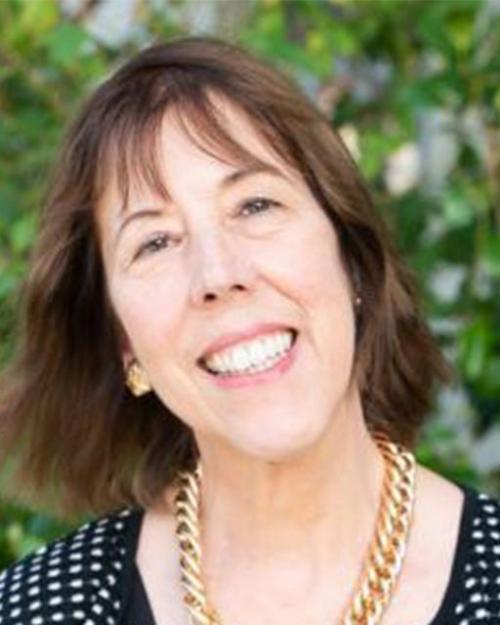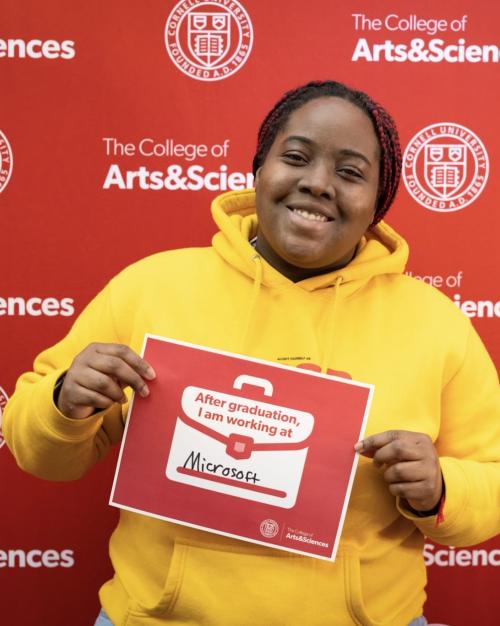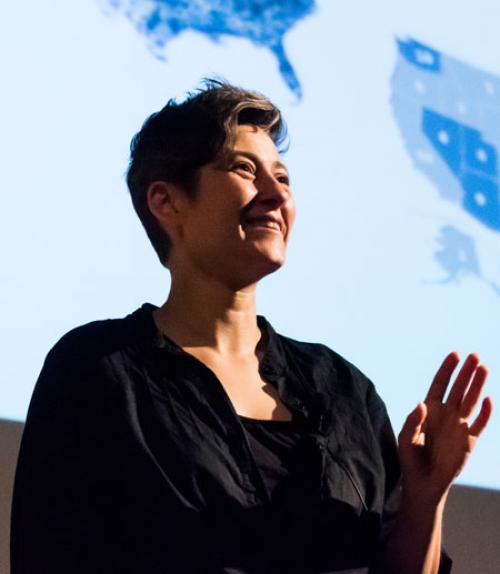The United States’ unique electoral system sets up congressional contests in frequently-redrawn regions. While the shapes of districts are expected to be somehow reasonable, this is very hard to formulate in a way that is mathematically robust, aligns with our ideals about representative democracy, and can persuade legislators, judges, and the public. Mathematician Moon Duchin of Tufts University will discuss how mathematicians can make meaningful interventions in the redistricting process in this year’s Kieval Lecture, “Political geometry: Mathematical interventions in gerrymandering,” on Thursday, October 5, 4:00 pm in Martha Van Renssalaer Hall G71. Refreshments will be served beforehand at 3:15 pm in the Mathematics Department lounge, 532 Malott Hall. The talk is free and the public is welcome.
“The issue of gerrymandering affects all of us. You don’t have to know anything about math or politics to know that gerrymandered districts aren’t fair and equal representations of a region,” says Ravi Ramakrishna, chair and professor of mathematics and Stephen H. Weiss Presidential Fellows. “Professor Duchin not only studies this topic, she’s also training mathematicians to be expert witnesses in court cases on gerrymandering. She’ll have a unique perspective to share.”
Duchin’s primary research interests are in geometric group theory and geometric topology, with tools from dynamics. She looks at the metric geometry of groups and surfaces, often by zooming out to the large scale picture. She also studies geometric counting problems, filling invariants, geometry "at infinity," and the dynamics of random transformations.
In addition to her mathematical research, she has also worked and lectured on issues in the history, philosophy, and cultural studies of math and science, such as the role of intuition and the nature and impact of ideas about genius. She is also involved in a range of educational projects in mathematics, such as at the Canada/USA Mathcamp for talented high school students and in the Chicago Public Schools. She has also developed inquiry-based coursework for future elementary school teachers at the University of Michigan.
The Kieval lecture is funded through a bequest of the late Harry S. Kieval '36, a professor of mathematics at Humboldt State University who died in 1994.




